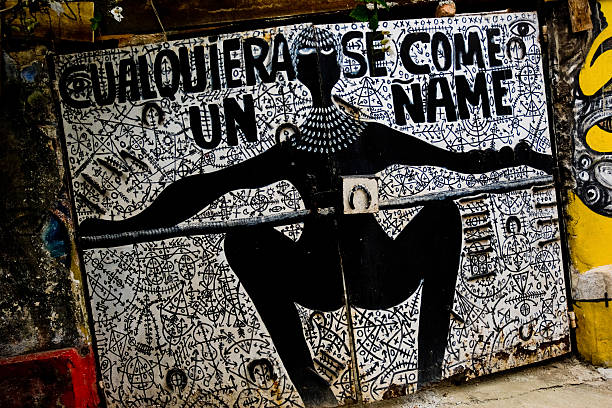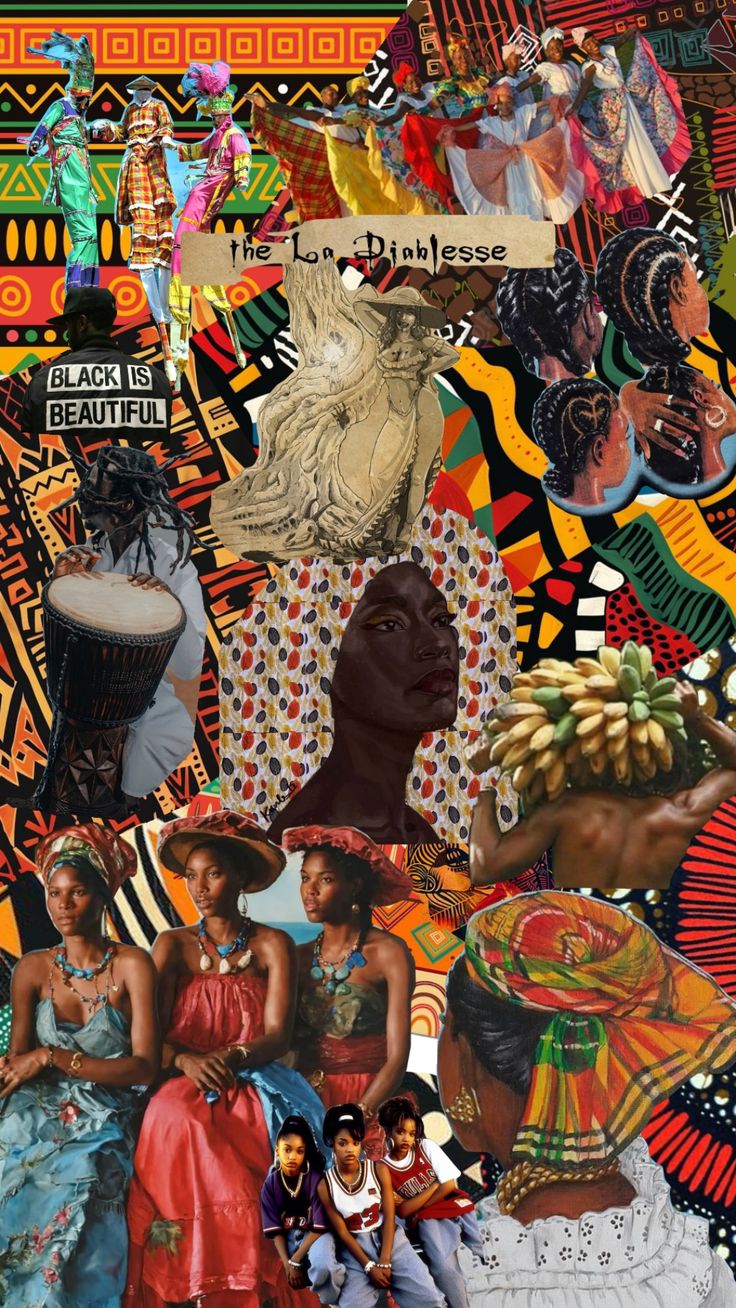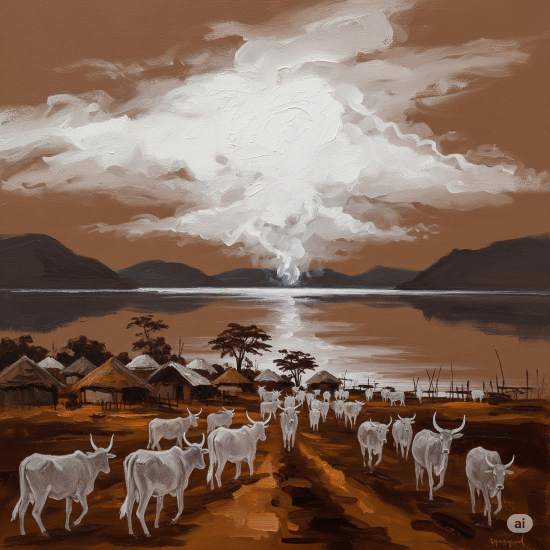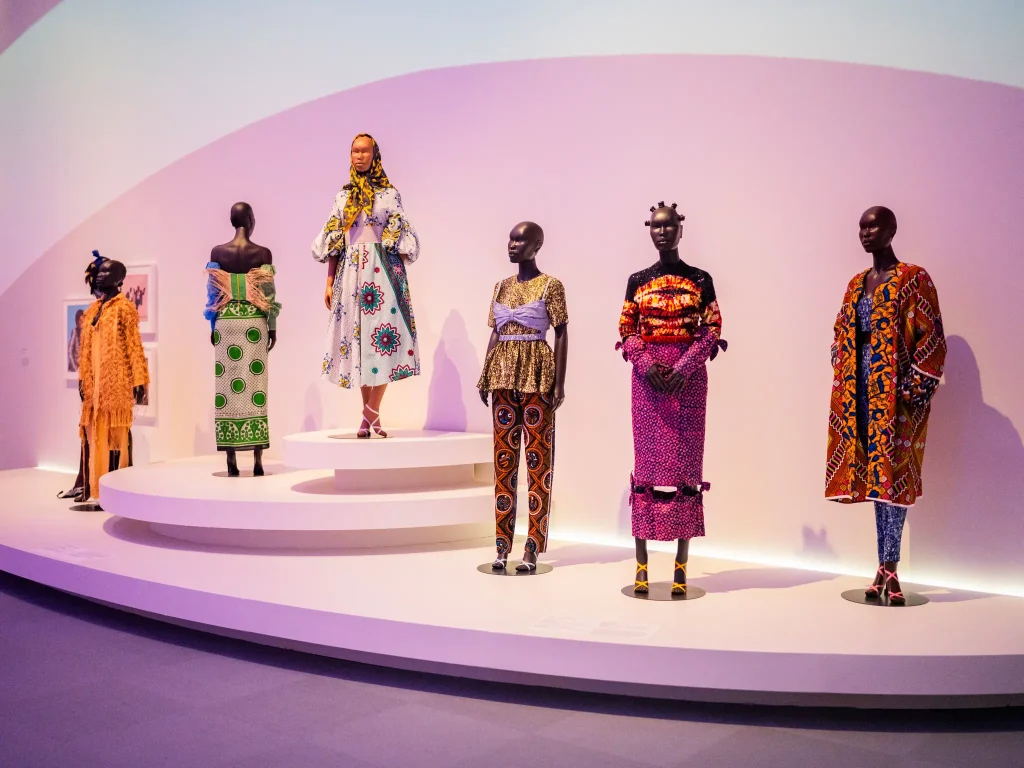Hinga: COTU was involved in drafting affordable housing regulations

The State Department for Housing and Urban Development has maintained that the Central Organisation of Trade Unions (COTU) was involved in drafting the Affordable Housing Regulations.
Principal Secretary Charles Hinga has insisted that the workers’ umbrella body was indeed involved in the process.
In a statement, Hinga stated that the Affordable Housing Act, 2024 guarantees COTU a seat on the Affordable Housing Board, ensuring direct worker representation in the oversight and implementation of the programme.
“Indeed, COTU-K voluntarily forwarded a name to be its representative in formulation of the enabling regulations — a fact that has escaped the top leadership of the workers’ umbrella body,” Hinga stated.
Hinga defended the broader vision of the housing programme, explaining that modern, livable housing must include supporting infrastructure such as schools, health facilities, open spaces, and markets to function as complete communities.
“Modern housing is more than just shelter. It requires access to schools, health facilities, markets, open spaces, and other social amenities that support everyday life. These components are essential for creating safe, inclusive and economically vibrant neighbourhoods," Hinga said.
"This approach is supported by the housing and urban development policy frameworks, global standards and leading practice, and aligns with Kenya's commitments under SDG 11 and the New Urban Agenda," he reiterated.
The PS said the government remains open to dialogue with all stakeholders.
He said the government's mission is to deliver not just houses, but sustainable communities where all Kenyans can live with dignity.
The clarification follows a public dispute with COTU Secretary General Francis Atwoli, who has rejected claims that the union had any involvement in drafting the current regulatory framework governing the Affordable Housing Programme.
Atwoli had argued that had the union been consulted, it would not have supported the housing levy being redirected toward broader infrastructure development.
“As COTU, we are clear and unequivocal that there was no consultation,” Atwoli said earlier this week. “If there was any, we would never have agreed to the Affordable Housing Levy being used to build amenities and infrastructure already budgeted for within the National Budget.”
Atwoli went further to challenge the State Department to provide documentation proving COTU’s active participation.
“If indeed PS Hinga claims that COTU was involved, we challenge him to produce any written resolutions, minutes, or official correspondence from COTU’s Executive Board endorsing the drafting or content of the current regulations,” he stated.
At the heart of the disagreement is the concern that the Affordable Housing Levy, funded by Kenyan workers, could be diverted from its primary goal of financing decent housing and instead used for unrelated infrastructure like roads, markets, and dams.
“If this trend continues, the levy will be used for every other development project except what it was meant for: decent and affordable homes for workers,” Atwoli warned.
You may also like...
The Names We Carry: Why Africa’s Many-Name Tradition Shouldn’t Be Left Behind

"In many African communities, a child's birth is marked with a cascade of names that serve as fingerprints of identity, ...
WHY CULTURAL APPROPRIATION ISN’T ALWAYS OFFENSIVE

In a world of global fusion, is every act of cultural borrowing theft—or can it be respect? This thought-provoking essay...
Africa’s Health Revolution: How a New Generation is Redefining Global Wellness from the Ground Up

Move beyond the headlines of health challenges. Discover how African youth and innovators are using technology, traditio...
Kwame Nkrumah: The Visionary Who Dreamed of a United Africa
(13).jpeg)
Discover the powerful legacy of Kwame Nkrumah, Ghana’s first president and a pioneer of Pan-Africanism, whose vision for...
Meet the Theremin: The Weirdest Instrument You’ve Never Heard Of

From sci-fi movies to African studios? Meet the theremin—a touchless, ghostly instrument that’s making its way into Afri...
Who Told You Afro Hair Isn’t Formal?

Afro hair is still widely seen as unprofessional or “unfinished” in African society. But who decided that coils, kinks, ...
1986 Cameroonian Disaster : The Deadly Cloud that Killed Thousands Overnight

Like a thief in the night, a silent cloud rose from Lake Nyos in Cameroon, and stole nearly two thousand souls without a...
How a New Generation is Redefining Global Wellness from the Ground Up

Forget fast fashion. Discover how African designers are leading a global revolution, using traditional textiles & innov...




